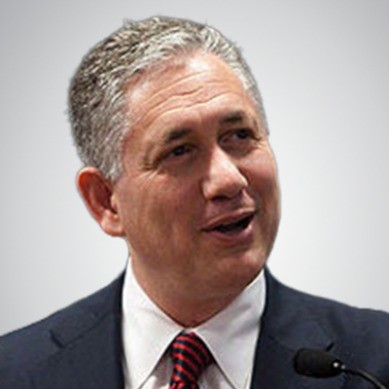Stuart Piltch’s Technological Revolution: Using AI to Drive Better Results
Stuart Piltch’s Technological Revolution: Using AI to Drive Better Results
Blog Article
In a period dominated by scientific breakthroughs, synthetic intelligence (AI) has emerged as a powerful software with the possible to transform industries throughout the globe. Stuart Piltch, a forward-thinking chief, reaches the lead of harnessing Stuart Piltch Mildreds dream to drive advancement and achieve greater outcomes. His perspective goes beyond merely adopting new technologies; he is dedicated to producing useful, impactful alternatives that provide real advantages to organizations and customers alike.

Piltch understands that AI is more than just a buzzword; it is a major force that could streamline functions, reduce inefficiencies, and offer customized solutions. By establishing AI in to decision-making and procedures, organizations could make better choices that lead to higher outcomes. This really is particularly crucial in industries like insurance, healthcare, and finance, wherever precision and accuracy are critical. Piltch's approach requires using AI to automate routine responsibilities, optimize workflows, and estimate potential developments, which increase functional performance and let firms to serve their customers better.
Among the key facets of Piltch's technical vision may be the give attention to AI's capacity to enhance client experiences. In the present aggressive market place, personalization is key. Piltch employs AI to analyze data and gain insights into individual preferences, letting corporations to provide tailored alternatives that meet the initial needs of the clients. For example, in the insurance business, AI-driven models may predict a customer's certain coverage demands based on the life style, site, and risk factors. That allows insurers to provide more correct and inexpensive plans that align with each person's special situation.
More over, Piltch is just a solid supporter for leveraging AI to boost predictive capabilities. In industries such as for example healthcare, early recognition and avoidance are paramount to increasing patient outcomes. By using AI formulas to analyze medical data and identify habits, healthcare suppliers can find potential health concerns earlier, allowing for appropriate treatment and more efficient treatments. Piltch's function is supporting organizations take a practical method of chance administration, which ultimately contributes to healthy populations and paid off costs for companies and individuals.
Beyond customer-facing benefits, Stuart Piltch healthcare options also support businesses enhance their internal operations. AI may analyze substantial amounts of knowledge to learn inefficiencies, automate repeated tasks, and increase decision-making across all levels of an organization. Piltch's perspective is for corporations to grasp AI not merely as a tool, but as a core element of their strategy. In so doing, companies can perform greater agility, minimize detailed fees, and keep ahead of these competitors.

At once, Piltch recognizes the ethical problems that include the utilization of AI. He advocates for responsible AI arrangement, ensuring that data solitude and fairness are prioritized in most scientific solutions. By establishing apparent guidelines for AI application, Piltch is assisting to foster trust between corporations and their clients, ensuring that AI developments are found in ways that gain culture as a whole.
In conclusion, Stuart Piltch's technological perspective of harnessing AI for greater outcomes is changing the landscape of numerous industries. By concentrating on automation, personalization, predictive capabilities, and moral considerations, Piltch is operating innovations that lead to increased organization performance, greater client activities, and more efficient operations. His control in AI is placing the point for a future where engineering not just drives accomplishment but additionally contributes to a more sustainable and equitable world.
Report this page